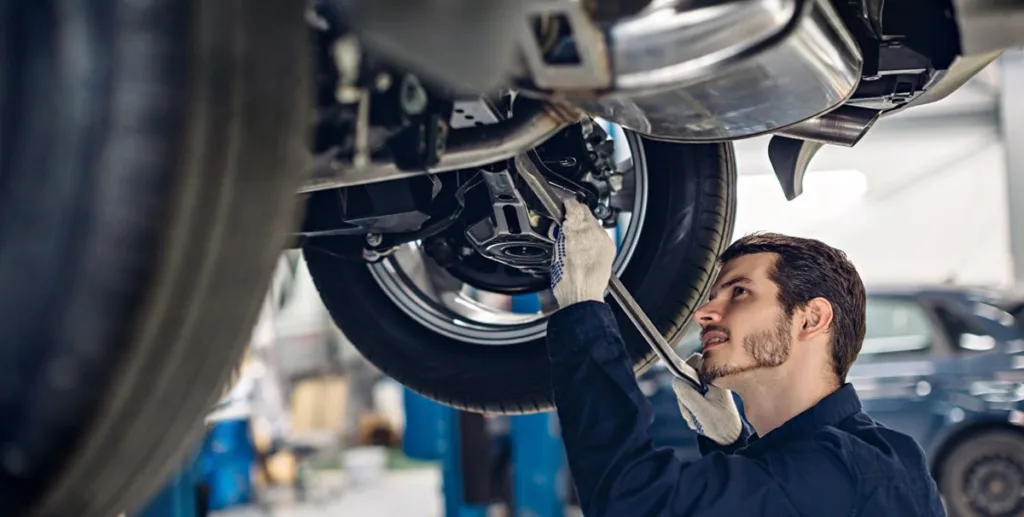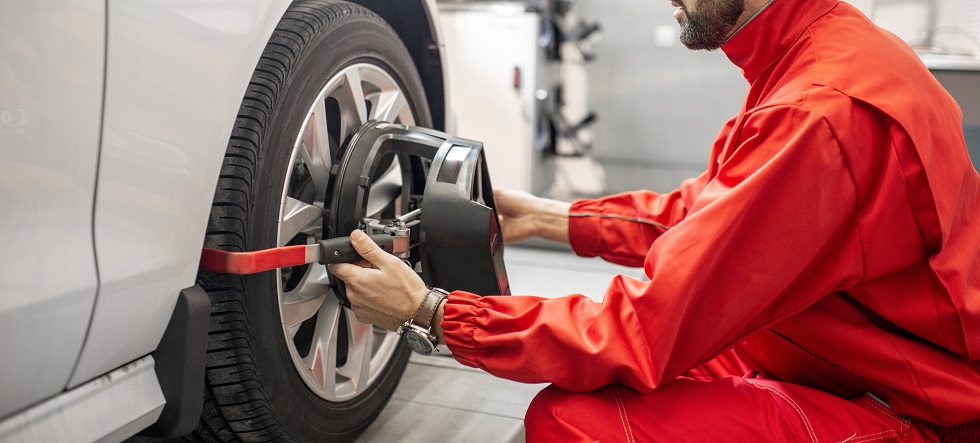All Categories
Featured

Your cars and truck's engine is the heart of your vehicle, and keeping it in top condition is important for optimal efficiency and durability. Regular engine tune-ups are a fantastic way to keep your automobile's wellness, enhance gas effectiveness, and avoid expensive repair work in the future. Whether you're a car enthusiast or someone who simply intends to keep their vehicle running efficiently, these engine tune-up ideas will certainly assist you obtain one of the most out of your cars and truck.
- Change Flicker Plugs. Stimulate plugs play a vital function in starting your engine and ensuring smooth combustion. Over time, ignition system can come to be dirty or worn, resulting in misfires, decreased fuel efficiency, and rough idling.
During an engine tune-up, evaluate and change your stimulate plugs if necessary. Many vehicles require brand-new spark plugs every 30,000 to 100,000 miles, depending on the type. Frequently changing trigger plugs ensures appropriate ignition and optimal engine efficiency.
- Check and Tidy the Air Filter. The air filter avoids dirt, dirt, and debris from entering your engine. A blocked or dirty air filter restricts airflow, creating your engine to function more challenging and shed more fuel.
Evaluate your air filter throughout a tune-up and change it if it's filthy. In messy settings or areas with hefty pollution, you may need to transform the air filter extra often. A tidy air filter can enhance gas performance and expand the life of your engine.
- Examine and Change Belts and Hoses. Belts and tubes are crucial for various engine features, such as powering the generator, water pump, and cooling system. Over time, these parts can break, fray, or break, possibly resulting in failures.
During a tune-up, check belts and hose pipes for indicators of wear and replace them if required. Replacing these components proactively can save you from pricey repair work and prevent unexpected failures.
- Clean the Fuel System. Your gas system, consisting of the fuel injectors and fuel lines, can collect dirt and carbon down payments with time, reducing engine performance. Cleaning up the gas system during a tune-up assists enhance efficiency and gas economic situation.
You can utilize a fuel system cleaner or have an expert mechanic execute a much more extensive cleansing. This step is especially important for older automobiles or cars and trucks that frequently drive in stop-and-go traffic.
- Inspect the Battery and Billing System. A healthy and balanced battery is important for starting your engine and powering electrical parts. Throughout a tune-up, evaluate the battery terminals for corrosion and guarantee the links are tight.
Inspect the battery's voltage and change it if it reveals indications of weakness. In addition, have the alternator and charging system checked to guarantee your battery remains charged during operation.
- Change the Engine Oil and Oil Filter. Oil adjustments are a basic part of engine maintenance. Engine oil lubricates moving components, reduces rubbing, and helps regulate engine temperature. In time, oil becomes polluted and loses its performance.
During a tune-up, replace the engine oil and oil filter to maintain your engine running efficiently. Follow your lorry's supplier suggestions for oil kind and adjustment periods.
- Examine the Air Conditioning System. The air conditioning system stops your engine from overheating. In time, coolant can break down or come to be polluted, lowering its efficiency.
Inspect the coolant level and problem throughout a tune-up, and flush and change it if needed. Check the radiator, water pump, and tubes for leakages or damages. A properly maintained air conditioning system assists your engine operate at the best temperature level and prevents overheating.
- Check the Ignition System. A defective ignition system can trigger beginning issues and reduced engine efficiency. During a tune-up, check the ignition coils, distributor cap, and rotor (if relevant) Change any kind of parts that reveal indications of wear or damage to make certain smooth and trustworthy engine procedure.
- Pay Attention for Uncommon Noises. Throughout a tune-up, seize the day to listen for any uncommon engine noises, such as knocking, ticking, or hissing. These audios can show underlying issues, such as shutoff troubles, loosened components, or exhaust leakages. Dealing with these problems early can protect against more substantial damages.
- Usage Quality Parts and Fluids. When executing an engine tune-up, always utilize high-quality parts and fluids that satisfy your vehicle maker's specifications. Affordable or incorrect parts can endanger your engine's performance and integrity.
Final Thought: A Well-Tuned Engine is Trick to Longevity. Routine engine tune-ups are crucial for preserving your auto's efficiency, performance, and integrity. By replacing worn components, cleaning crucial systems, and addressing potential problems, you can maintain your engine running efficiently for years to find. Whether you're doing it yourself or depending on a relied on mechanic, purchasing tune-ups is a smart method to shield your lorry and appreciate a more secure, smoother trip.
Latest Posts
Find Out Reduce Expenses on Car Maintenance with Montclare Auto Repair’s Limited-Time Deals
Explore Special Auto Repair Deals in Chicago at Montclare Auto Repair
Discover the Premier Auto Repair Offers in Montclare, Chicago
More
Latest Posts
Find Out Reduce Expenses on Car Maintenance with Montclare Auto Repair’s Limited-Time Deals
Explore Special Auto Repair Deals in Chicago at Montclare Auto Repair
Discover the Premier Auto Repair Offers in Montclare, Chicago
